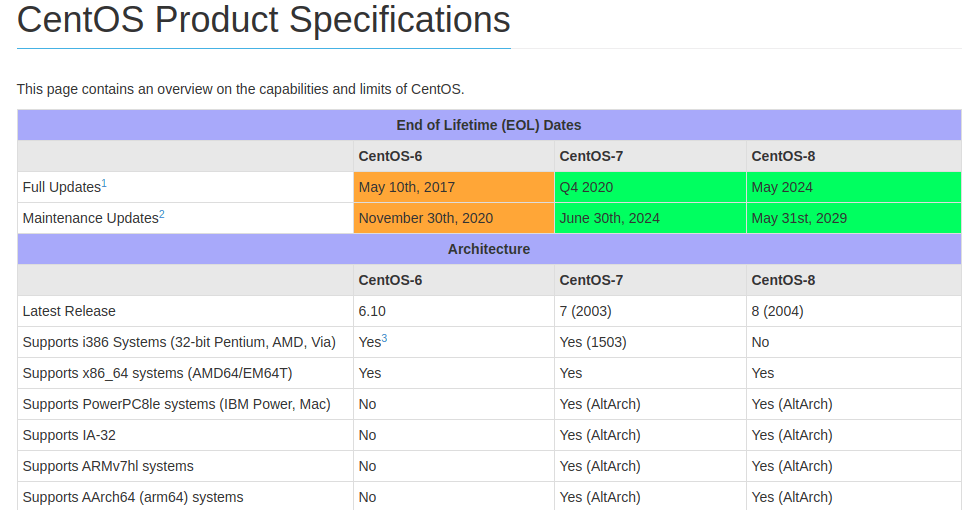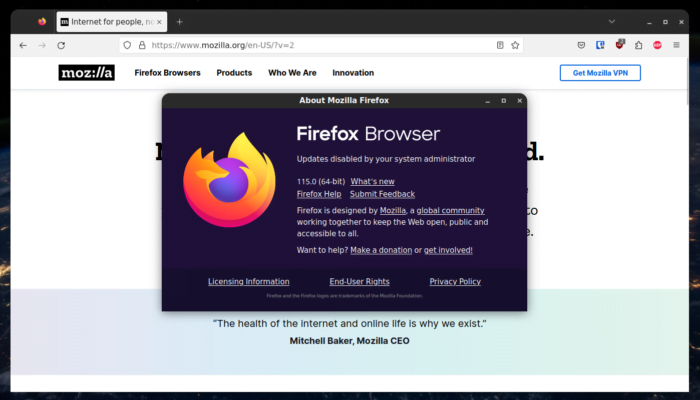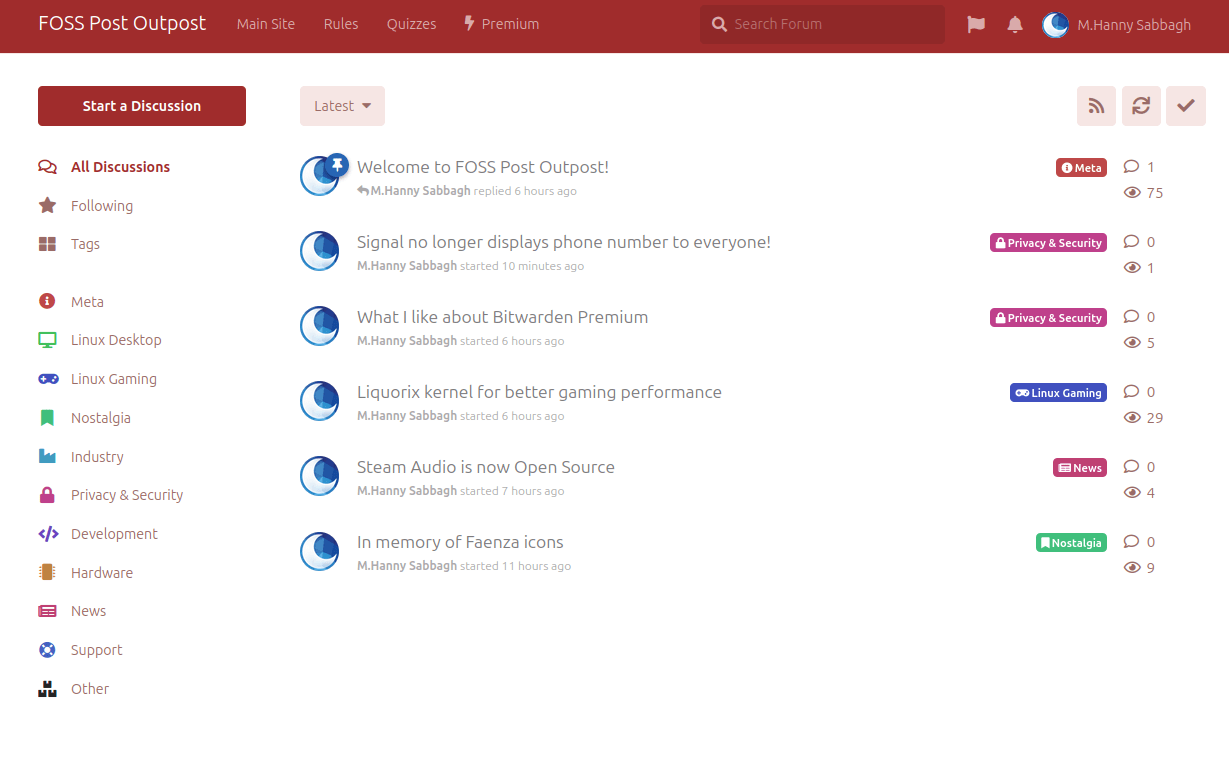In shocking news the CentOS project announced today that they are shifting their Linux distribution to be based on the beta (non-stable) branch of Red Hat Enterprise Linux, rather than the stable branch. And that they are terminating CentOS 8 updates at the 31st of December, 2021.
The CentOS project will now release something named “CentOS Stream”, which is a Linux distribution built on the beta branch of RHEL so that contributors and interested groups can solve issues and report bugs before the software are shipped in RHEL. In other words, CentOS will become a testing mice for RHEL before new RHEL versions get released.
Historically, the CentOS Linux distribution was always built on the stable branch of Red Hat Enterprise Linux, providing binary compatibility between the two while also providing the same quality and stability. Red Hat publishes the source RPMs (SPRMS) of all its packages publicly on the Internet, and what the CentOS project was doing is that it was taking these packages, building them, and then shipping them under the CentOS re-branding. It also provided a promise that it will support each CentOS release up to 10 years with updates. Today, all of these promises are canceled as the project takes a new direction.
Red Hat took the control over the CentOS project in 2014, and IBM took the control over Red Hat in 2019. One can definitely thank IBM for this betrayal.
It is a betrayal, because for more than two decades IT executives and DevOps engineers in the industry kept using and recommending CentOS for others because of the compatibility it offers with Red Hat, and the stable 10-year updates cycle. People would even recommend CentOS over Debian or Ubuntu because it gave “more quality and stability” over the other projects which may be influenced by corporate interest. But today, the CentOS project is a victim of its own marketing slogans.
It is a larger betrayal because the announcement has destroyed an already-given promise; DevOps engineers have 1 year remaining to completely migrate their infrastructure from CentOS to another alternative, such as Debian or Ubuntu, instead of the original promise of being supported up to 2029.
The CentOS project have updated their support period table on their official page to reflect these changes:


CentOS was widely used in the industry because unlike RHEL, it doesn’t require a subscription and anyone can download and use it. Hence, you basically get a free Red Hat Enterprise Linux with same packages and same updates. Developers would spin a CentOS server on their local machines fully knowing that the software they develop and package on it will be 100% compatible with the RHEL distributions empowering their production corporate servers.
All of this is sadly ending. The CentOS project has just committed suicide today as no sane person would dare to run beta-grade software on the production servers of their company or enterprise. Interested parties are strongly advised to migrate away from CentOS 8 to avoid using an unmaintained infrastructure by the end of the next year.
Of course, anyone can take the SRPMs packages from Red Hat and start a new project similar to CentOS. But in order to establish such project huge time, investment and community effort is going to be needed so that the same mistakes do no get repeated again.
This move is totally understandable from IBM’s/RedHat’s side; They clearly hope that IT executives would simply pay them and migrate from CentOS to RHEL in order to avoid the downtime and huge efforts needed to migrate from CentOS to other alternatives. Migrating from CentOS to RHEL is easy since they use the same codebase and offer the same package versions, but migrating from CentOS to something like Debian or openSUSE is a totally different process, since these distributions are built and managed in a different way and hence, require more time and effort to manage the migration process.
The CentOS project is an example, as of this day, on what happens when corporate interest takes the leadership over the community. People used to joke of Canonical in the past and how the community can’t even select the default wallpapers shipped in each version, but today, these jokes are better directed toward Red Hat and the big screw up they did for the CentOS project, and the entire DevOps and IT industry.
Update: As a correction for the original CentOS statement, CentOS Stream won’t be using beta versions of software, but instead, it will use the latest stable versions. RHEL will be based on CentOS instead of the other way around as it was.
FOSS Post is a high-quality online magazine about Linux and open source software. With a team of professional writers from all over the world, we bring you the latest articles, analysis and reviews related to open source.
Articles published with this account are written as a collaborative effort between writers. You can email us at contact@fosspost.org






